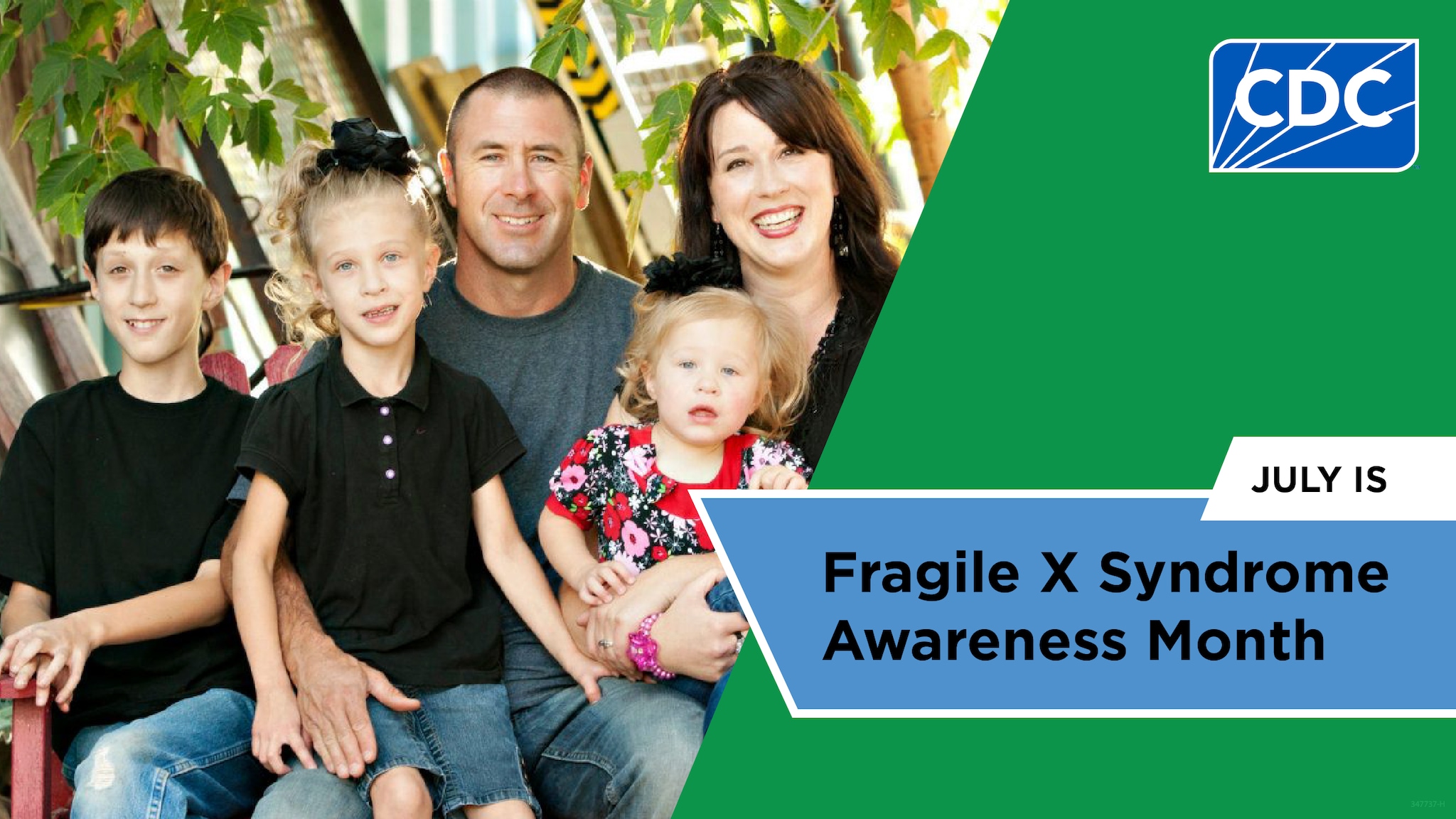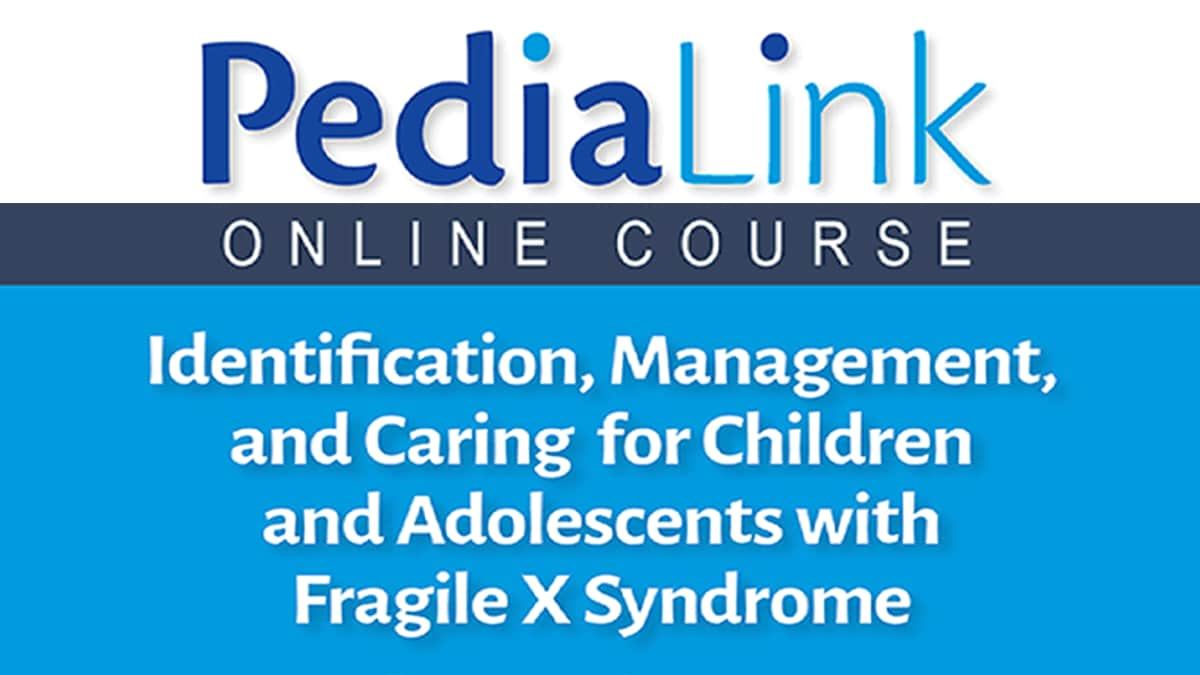Key points
- Fragile X syndrome (FXS) is a genetic disorder that is one of the most common causes of inherited intellectual disability.
- FXS is rare—with fewer than 200,000 newly identified cases per year in the United States.
- There are still many unanswered questions about the effects of FXS on the day-to-day lives of people living with it and their families.
- Understanding more about the signs and symptoms of FXS can help doctors and researchers identify FXS earlier and improve the health and well-being of people with FXS.

FORWARD-MARCH: The next step in fragile X syndrome research

CDC and its partners are working to find out more about FXS.
FORWARD-MARCH is the latest CDC-funded research study designed to learn more about FXS. It builds on an earlier study called FORWARD (Fragile X Online Registry With Accessible Research Database). In 2012, CDC supported the development of FORWARD, resulting in the largest database of information on FXS in the United States. This next study phase, FORWARD-MARCH (Multiple Assessments for Research Characterization), will help researchers learn more about the lives of people with FXS.
FORWARD-MARCH collects data over time from the same people to help us learn more about how to best support children and adolescents with FXS as they age, and their families. Using information provided by families and healthcare professionals, FORWARD-MARCH is collecting detailed data on cognition (thinking), behavior, and daily functioning. More than 600 children and adolescents with FXS and their families from across 22 FXS clinics throughout the United States will be invited to participate in the study.
Information from FORWARD-MARCH can help individuals with FXS receive appropriate support and services. Information from FORWARD-MARCH may also help researchers design new studies on medical or behavioral treatments for people with FXS.
Information collected by the FORWARD study has answered important questions for individuals with FXS and their families. Researchers continue to use CDC’s FORWARD study data collected between 2012 and 2021 to inform families, healthcare providers, policymakers, and related organizations about FXS.
Where the data comes from

Fragile X Syndrome Awareness
The signs and symptoms of FXS and its effects can vary. Children and adults with FXS may have problems with memory, thinking, problem solving, and planning. Social and behavioral problems, difficulty with learning, developmental delays, and autism spectrum disorder are common, as are anxiety and depression.
People with FXS may also be at higher risk for some health conditions, including ear infections, difficulty sleeping, seizures, and stomach problems such as diarrhea and heartburn. FXS affects both males and females; however, females often have milder symptoms than males. Males with FXS are usually diagnosed with some form of intellectual or developmental disability.
What CDC is doing
Data collection in FORWARD-MARCH is being coordinated with the Study to Explore Early Development (SEED), another CDC-funded study, to help answer questions about how FXS, and conditions that frequently occur with it (such as autism spectrum disorder), impact the health and development of children and adolescents.

CDC partnered with the American Academy of Pediatrics (AAP) to develop and offer a free virtual training on FXS. This course is designed to increase healthcare provider understanding of the symptoms of FXS to help promote earlier identification and diagnosis.
